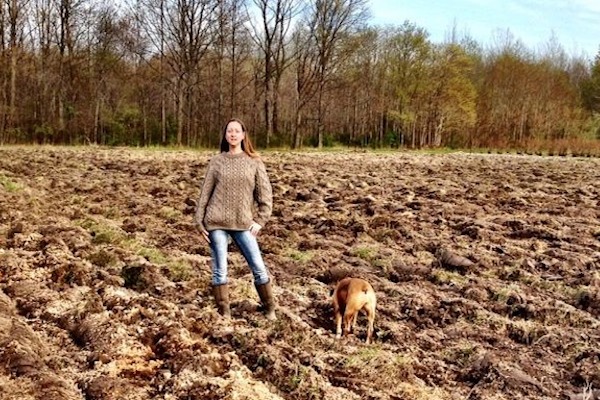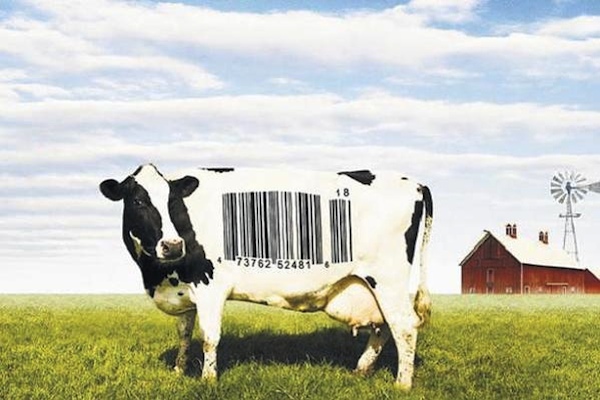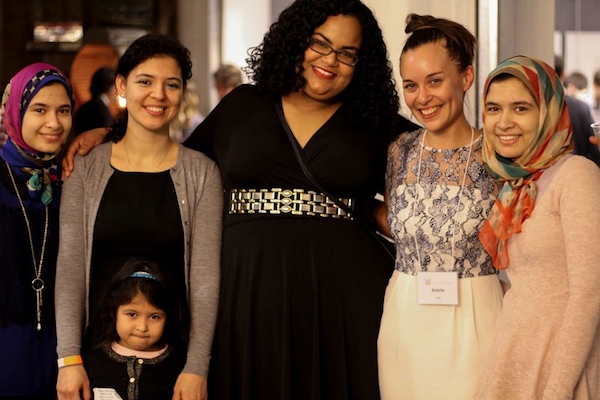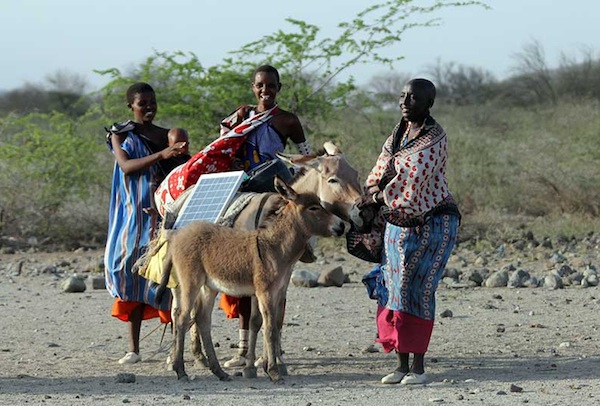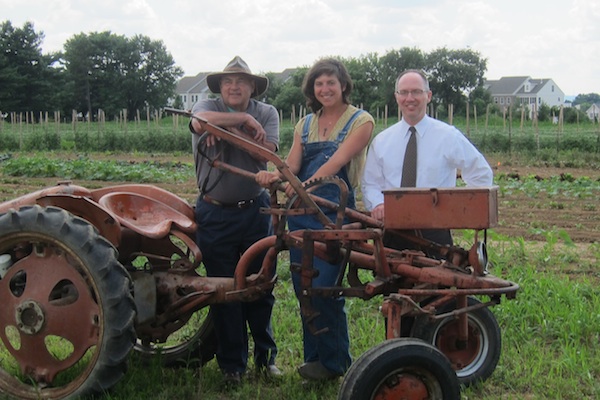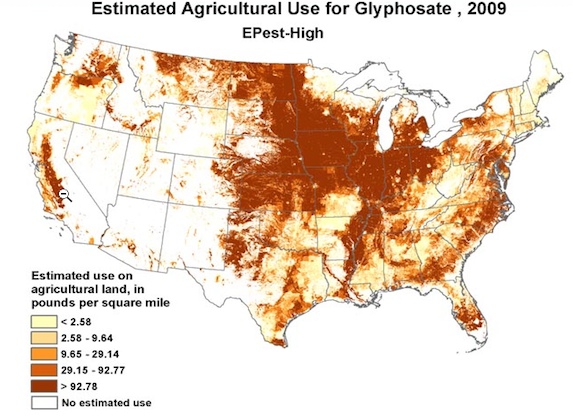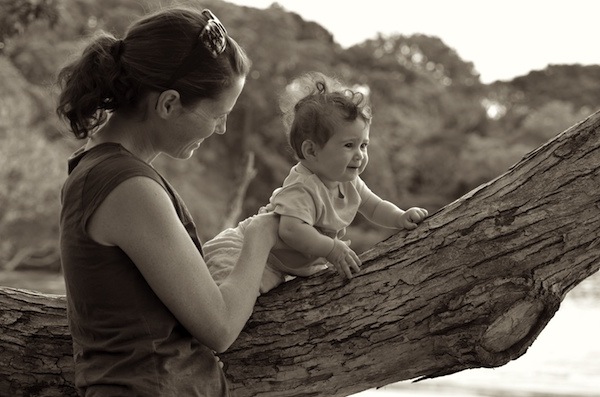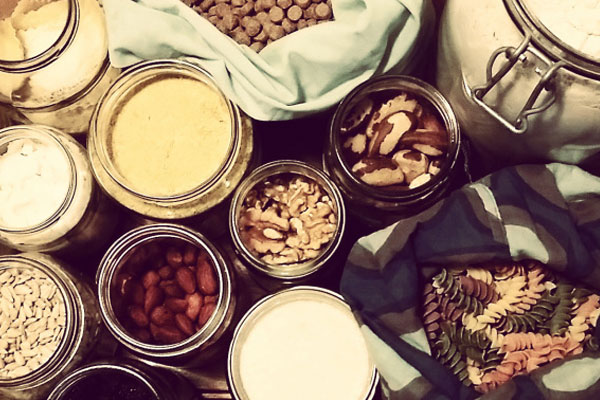Karen Warner founded Big Head Farm in 2009, located in southwest Michigan. After experiencing the challenges of starting a farm and creating a viable business, Warner began thinking through ways to support new farmers and to protect small to mid-sized farms from going out of production. Warner is currently working to advance a farm accelerator model that would give farmers the resources and support they need to succeed from start-up to retirement.
Continue reading... →Many food items that are produced in the United States are full of additives and chemicals. Unfortunately, Americans are eating lab-created and nutrient-stripped food that somehow got twisted around into being called healthy or normal. Because the food industry is a big business, many probably don’t know the facts about how their food is produced, and what ingredients in that food can do to our bodies.
Continue reading... →This month we’re all about sharing stories of girls and women around the world who are beating inequality and empowering their communities along the way. Well, here’s one about a different sort of female empowerment—the kind that lights up the night, makes light bulbs shine bright, and literally powers communities. It also features donkeys lugging solar panels around the Kenyan savanna, which is not a sentence I get to write everyday.
Continue reading... →As a new mother, I am always researching various topics regarding child rearing and environmentally friendly practices. Here are a few sites that I frequent or find inspirational.
Continue reading... →Rodale Institute and St. Luke’s University Health Network launched a true farm to hospital food program. The Anderson Campus at St. Luke’s has over 300 acres of farmland, much of which had historically been farmed conventionally with crops like corn and soy. The hospital administration recognized the impact that providing fresh, local organic produce could have on patient health and approached Rodale Institute to transition the land to organic and farm vegetables to be used in patient meals as well as in the cafeteria.
Continue reading... →“Glyphosate is the backbone of our current agricultural system that supplies us with toxic food, water and air. We aim to ban glyphosate by allowing the public to inform themselves about what levels of glyphosate are found in their own and their family’s bodies. Feed The World will also give a platform to profitable, agriculture alternatives that allow farmers, businesses and governments to change direction towards a better non-toxic future for our children.” – Henry Rowlands, Director of Feed The World
Continue reading... →In order to run my zero-waste kitchen, I need to plan my shopping trips a bit. Before heading to the farmer’s market or grocery store, I take a look at the running shopping list on my phone and add a few things we might need. List in hand, I gather my zero-waste equipment. The list helps me figure out what I’ll need and while shopping, I stick closely to it. 1. Glass jars I use my glass jars at the bulk bins. Get the weight on these before you fill them up. At some stores, customer service will weigh them for you and mark the tare on them. Other stores set out scales and you weigh the jars yourself. The cashier will deduct the weight of the jar from your food when checking you out so you pay for weight of the food only. Lately I’ve been taking jars to the farmer’s market for berries. That way I bring home whole fruit rather than jam. A health food store in my daughter’s university town, Guelph, Ontario, Stone Store, doesn’t charge for all packaging but it does charge for nut butter containers, which I find brilliant. How many students will forget a jar […]
Continue reading... →